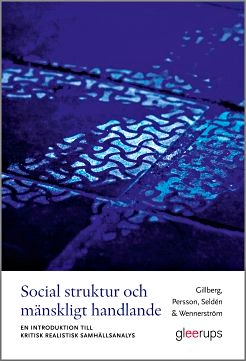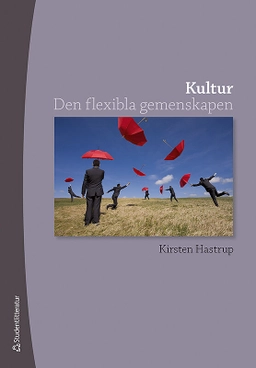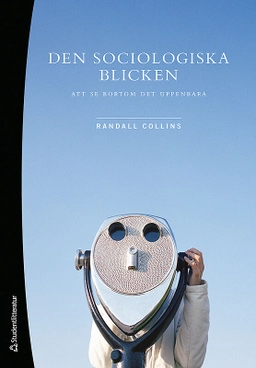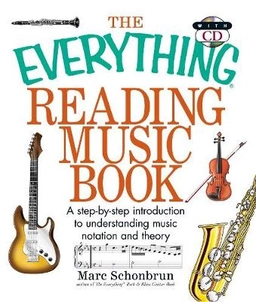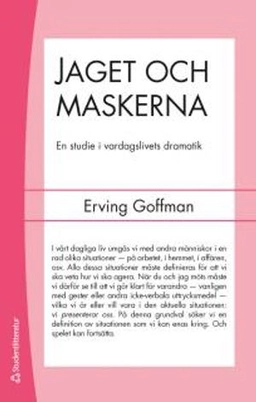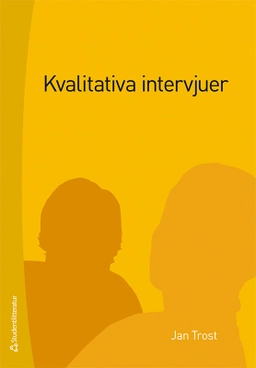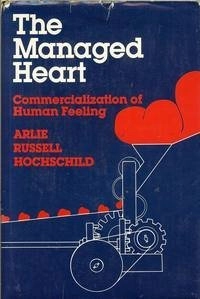

The Managed Heart: Commercialization of Human Feeling
- Utgiven: 1983
- ISBN: 9780520048003
- Sidor: 307 st
- Förlag: University of California Press
- Språk: Engelska
Om boken
Åtkomstkoder och digitalt tilläggsmaterial garanteras inte med begagnade böcker
Mer om The Managed Heart: Commercialization of Human Feeling (1983)
1983 släpptes boken The Managed Heart: Commercialization of Human Feeling skriven av Arlie Russell Hochschild. Den är skriven på engelska och består av 307 sidor. Förlaget bakom boken är University of California Press.
Köp boken The Managed Heart: Commercialization of Human Feeling på Studentapan och spara pengar.
Referera till The Managed Heart: Commercialization of Human Feeling
Harvard
Oxford
APA
Vancouver

